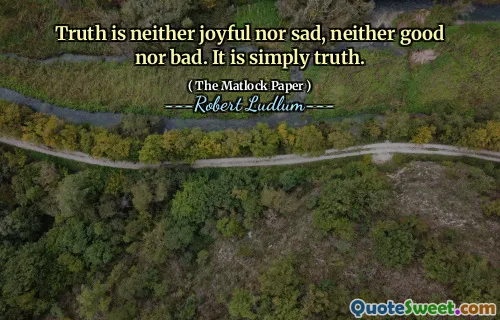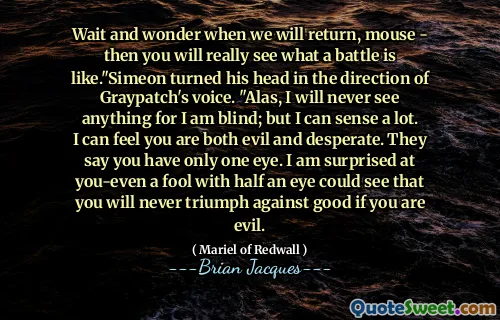
Innocence most often is a good fortune and not a virtue.
This quote by Anatole France highlights a profound truth about innocence. Innocence is frequently regarded as a serendipitous gift rather than a virtue earned through moral effort. In a world filled with complexities and moral ambiguities, innocence often acts as a protective shield, allowing individuals to perceive the world with purity and wonder. However, this purity can sometimes be mistaken for virtue, leading to misconceptions about moral superiority. Recognizing innocence as a fortunate circumstance emphasizes that it isn't necessarily a moral high ground but rather a fortunate state that may not persist as one navigates life's challenges.
In society, innocence can be associated with naivety or lack of experience, but this quote invites us to consider its positive aspect as a stroke of luck that grants individuals a unique perspective—one untainted by prejudice or corruption. It raises questions about the value of innocence: is it better to retain innocence naturally or to cultivate virtue through conscious moral effort? The distinction is significant because innocence, while beautiful and precious, can also be fragile, making it susceptible to loss or distortion in a complex social landscape.
Furthermore, this notion encourages humility. It suggests that many qualities we admire in others—perhaps wisdom, kindness, or integrity—might, at times, be rooted in fortunate circumstances rather than in innate virtue. This perspective can foster empathy, reminding us to appreciate the circumstances that have shaped others' lives and to approach their moral judgments with a sense of humility. Ultimately, France's insight helps us reflect on the nature of innocence and virtue, inviting us to consider the luck of innocence and the effort involved in developing genuine virtue.
---Anatole France---









